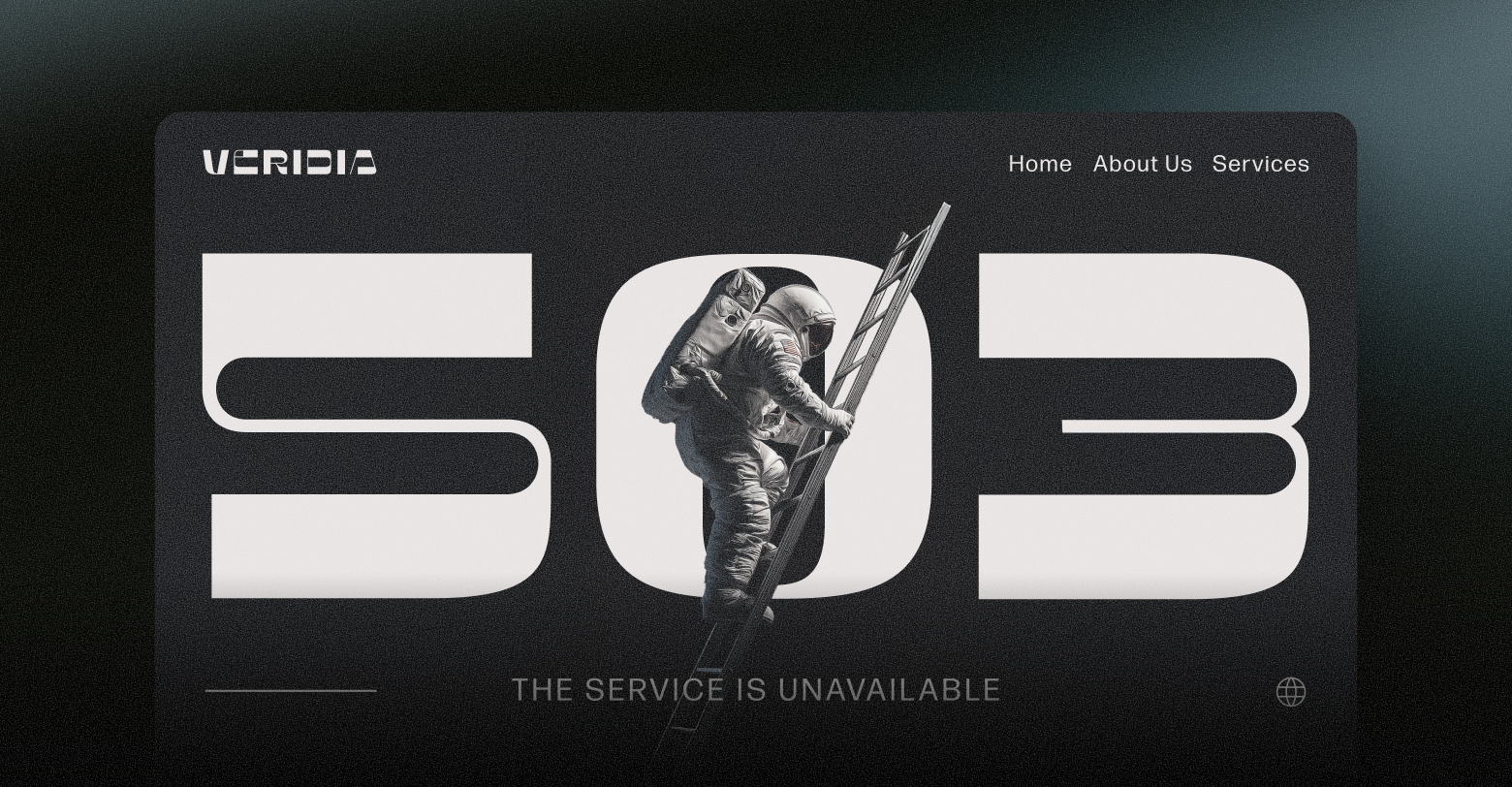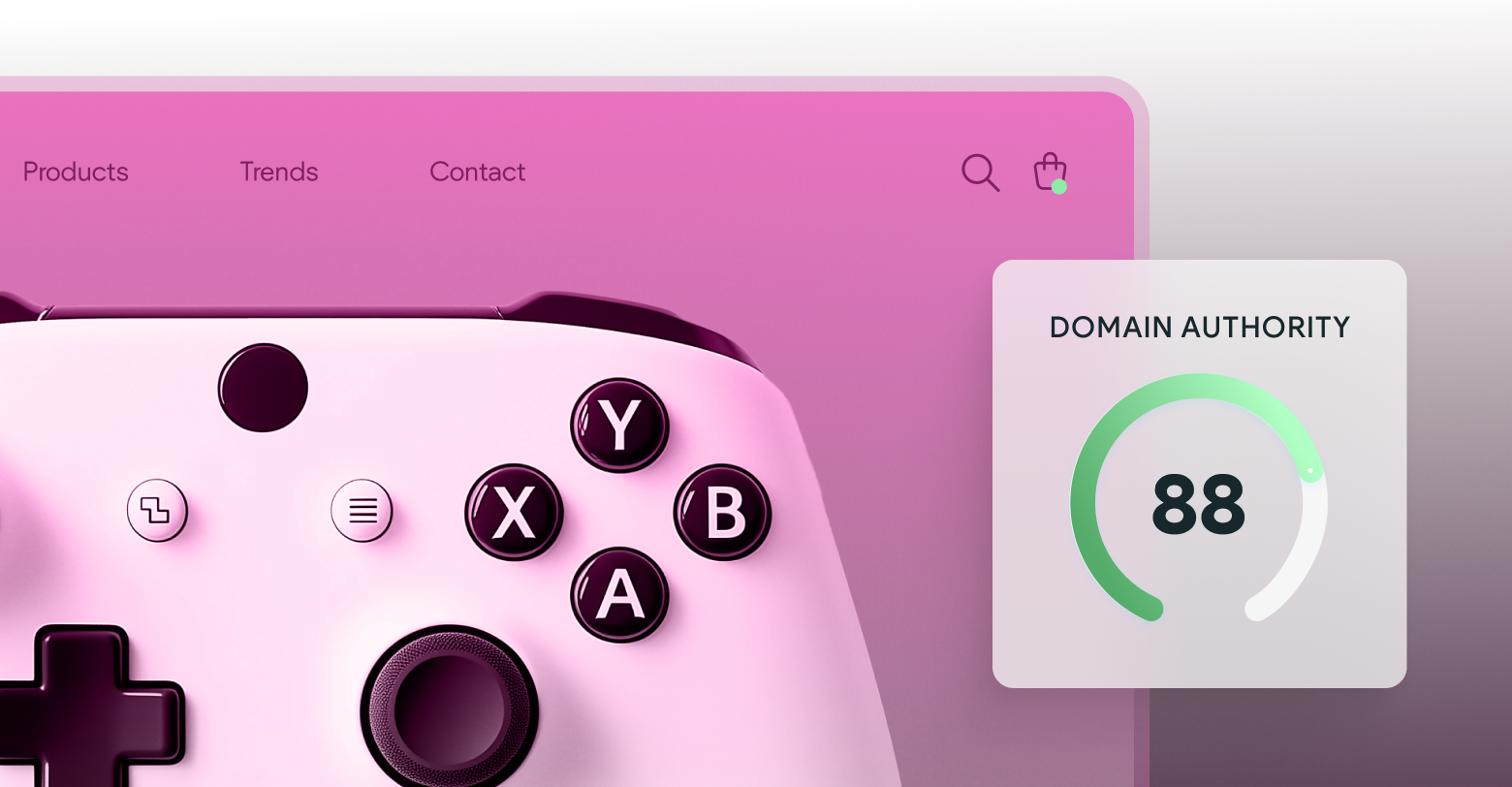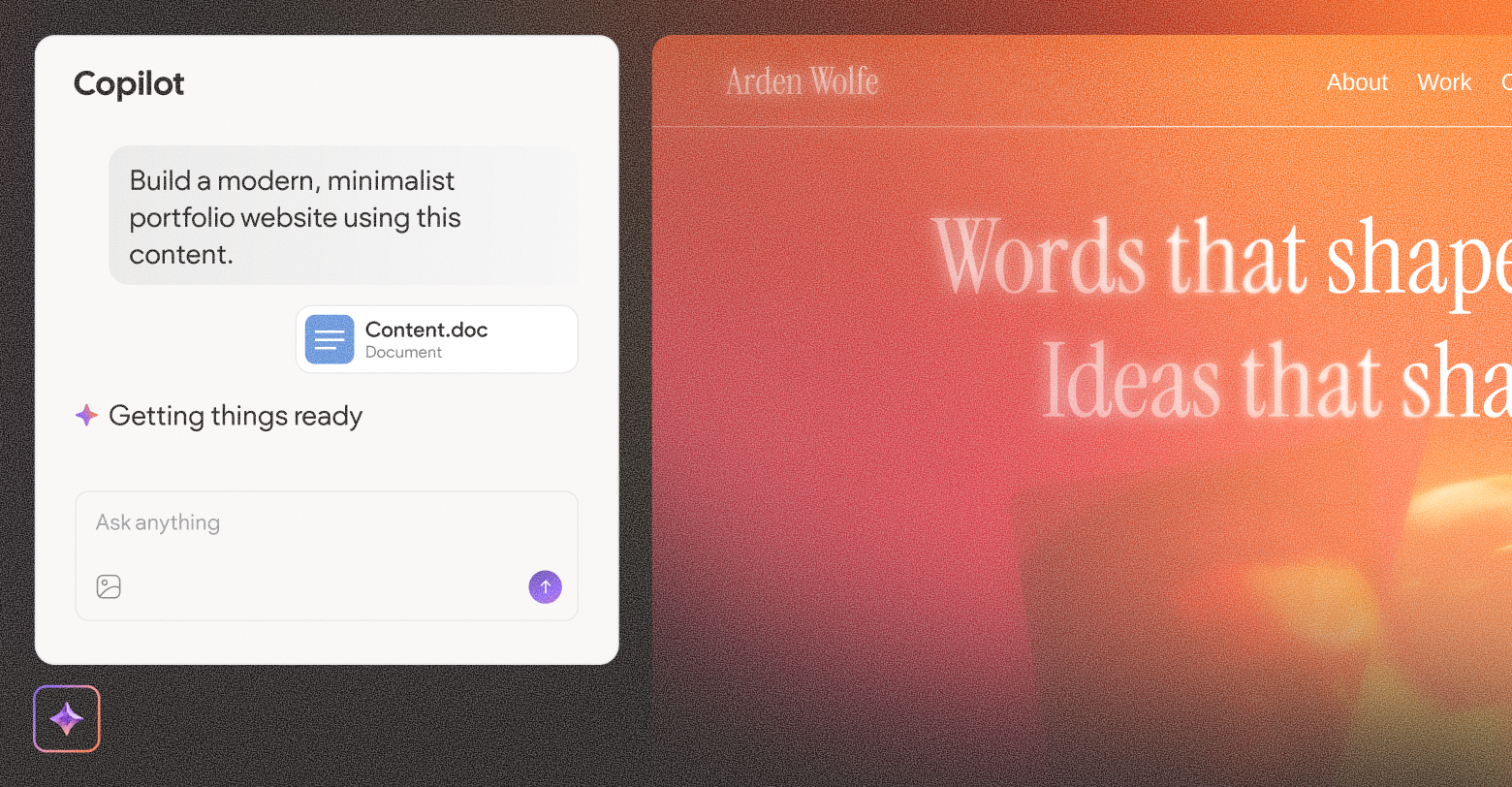Jared Broussard often meets with prospects who own sites built on WordPress, the ubiquitous content management system that powers much of the web. It’s familiar, flexible, and, for many, often feels like the right choice. However, Broussard would be happy to tell you, maintaining the sites he does have on WordPress has been dramatically eroding his efficiency. “We were spending 75 percent of our time fixing WordPress problems,” Broussard recalled. “That’s time we could have been using to build content, run ads, or create something of value for our clients.”
Broussard’s agency, which manages about 70 to 80 websites today, has migrated almost all of his clients to Duda, a platform designed for agencies that need to build and manage client sites at scale. What began as a gradual shift born of frustration has evolved into a strategic overhaul of how his team works, and how they help their clients grow online.
The hidden costs of “free”
Like many marketers, Broussard’s journey with WordPress began in its promise of flexibility. But over time, that flexibility became a liability. No two sites were ever built the same. Plugins conflicted, themes broke, and a simple update could crash an entire site. “You could go outside and kick a tree three times, and who knows what will happen with a WordPress site,” he joked. “It’s like you never really know what you’re going to get.”
That unpredictability became more than just an annoyance—it was expensive. Broussard described one client incident where a security breach infiltrated a WordPress site with spam, requiring thirty hours of troubleshooting, cleanup, and reconfiguration. “I would have loved to spend those 30 hours on anything else,” he said. “I’m not a developer; I’m a marketer. That’s time that should’ve been spent on growth, not repairs.”
In contrast, his Duda sites rarely need that kind of intervention. After nearly eight years of using the platform, Broussard said he can “count on one hand” the number of maintenance issues they’ve encountered. “It’s night and day,” he said. “We can sleep at night knowing our clients’ sites are secure and running.”
What many clients fail to realize, he noted, is that the “free” nature of WordPress often comes with hidden costs. Plugin licenses, hosting, troubleshooting, and development time all add up. “We’ve calculated it,” Broussard explained. “Redesigning a WordPress site can cost two and a half times more than building a brand new one in Duda.” Once clients see the numbers, he added, “nine times out of ten, they’d rather start fresh on Duda.”
When every site is different, scale is impossible
The trouble, Broussard found, wasn’t just about bugs or security. It was about consistency, or, rather, the lack of it. “No two WordPress sites are built the same,” he said. “You have to get into the head of whoever developed it before you can even start working.” That means deciphering old code, figuring out theme structures, and hoping that the original developer didn’t leave behind a web of shortcuts and customizations.
By contrast, Duda’s uniformity has become one of its greatest advantages. “You can go into one Duda site and it’s going to look and behave the same as the next,” he said. “That consistency makes it so much easier to scale. My team can move from one project to another without losing hours just figuring out how something was built.”
That consistency also means predictable performance. Mobile optimization, plugin compatibility, and updates are no longer issues to manage. Broussard said his team can launch new pages or make edits in minutes; tasks that once took hours or required developer assistance. “With WordPress, adding a button to a mobile layout could take hours of custom coding,” he said. “In Duda, it takes five minutes.”
A more transparent pitch to clients
Shifting to Duda has transformed how Broussard sells websites. Most clients, he explained, come to his agency asking for a “redesign.” They’re accustomed to WordPress and assume that sticking with it will save money. That’s when he walks them through the math.
“I’ll show them two quotes side by side,” he said. “One for a WordPress redesign, and one for a brand-new Duda build. When they see that they’re saving a third of the hours—and getting a modern, easy-to-manage website—they almost always choose Duda.”
The key, he added, is helping clients understand what their money actually buys. “They’d rather invest in things that create value for their business—content, SEO, social media—than spend on troubleshooting and plugin updates,” he said. Once clients see how much time and cost goes into simply maintaining a WordPress site, they rarely look back.
Even clients deeply entrenched in the WordPress ecosystem are often surprised to learn how much of their frustration is avoidable. “A lot of them just think that’s how websites work,” Broussard said. “They’ve never experienced something different.”
From maintenance mode to growth mode
Broussard describes Duda as a future-facing platform, one that lets his agency focus on strategic growth rather than technical firefighting. “We want to build landing pages, run Google Ads, manage social media,” he said. “We want to do all the things that actually grow our clients’ businesses. Duda lets us do that without worrying about whether the site is going to crash.”
The result is a leaner, more profitable operation. Less time spent on maintenance means more time for value-creating work. For Broussard, it’s not just about the hours saved; it’s about what those hours can become. “If I can spend the same time building a campaign instead of fixing a broken plugin, my clients get more value, and we make more money,” he said.
He sees it as a strategic realignment. Agencies, he argues, shouldn’t be in the business of firefighting. “Our role is to grow our clients’ brands, not babysit websites,” he said. “Duda allows us to stay focused on that mission.”
The changing definition of customization
One of the biggest shifts Broussard has observed in recent years is how clients define a good website. “Years ago, everyone wanted something highly customized,” he said. “They wanted unique functionality, animations, integrations—the works.” But that approach, he believes, is becoming outdated.
“With AI and automation becoming mainstream, you just don’t need all of that anymore,” he said. “What you need is a site that works. A site that’s fast, modern, and always online.”
He often finds himself challenging clients’ assumptions. “They’ll say, ‘We need WordPress because it’s customizable,’ and I’ll ask, ‘Do you really need all that customization?’ Most of the time, the answer is no,” he said. “They just want a site that looks great and performs well.”
In that sense, Duda’s balance between flexibility and simplicity is its superpower. “It gives you everything you actually need, and nothing you don’t,” Broussard said. To him, It’s not about building the most complex website anymore. Rather, it’s about building the smartest one.
Educating clients through experience
For Broussard, one of the most effective ways to win clients over is to show, not tell. He’s developed a short presentation that compares WordPress and Duda side by side, highlighting not just features, but the real-world implications of each. “When I walk clients through it, I can see them nodding their heads,” he said. “They recognize their own frustrations in what I’m describing.”
The presentation outlines everything from plugin management to update risks to hidden development costs. But Broussard said the most compelling part is the math. “When we show them the number of hours they’ll save, and how much of their budget can go toward marketing instead of maintenance, it clicks,” he explained. “They get it.”
Once that realization happens, the conversation shifts from “What’s cheaper?” to “What’s smarter?” “It’s not even about selling Duda,” Broussard added. “It’s about helping them see what’s possible when their website just works.”
Putting results first
Broussard’s experience reflects a broader trend in the agency world. As technology advances and client expectations evolve, agencies are rethinking what they offer and how they deliver it. Speed, security, and scalability have become the new differentiators, and Duda’s model fits squarely into that shift.
“I think WordPress years ago was awesome because everyone wanted their websites customized, you know,” Broussard said. “But, in this day and age, you don't need that, right? You need something that works. That stays online.”
He believes this mindset will define the next generation of digital agencies. “Clients don’t care what CMS you use,” he said. “They care that their site works, that it loads when someone Googles them, and that it helps their business grow.”







